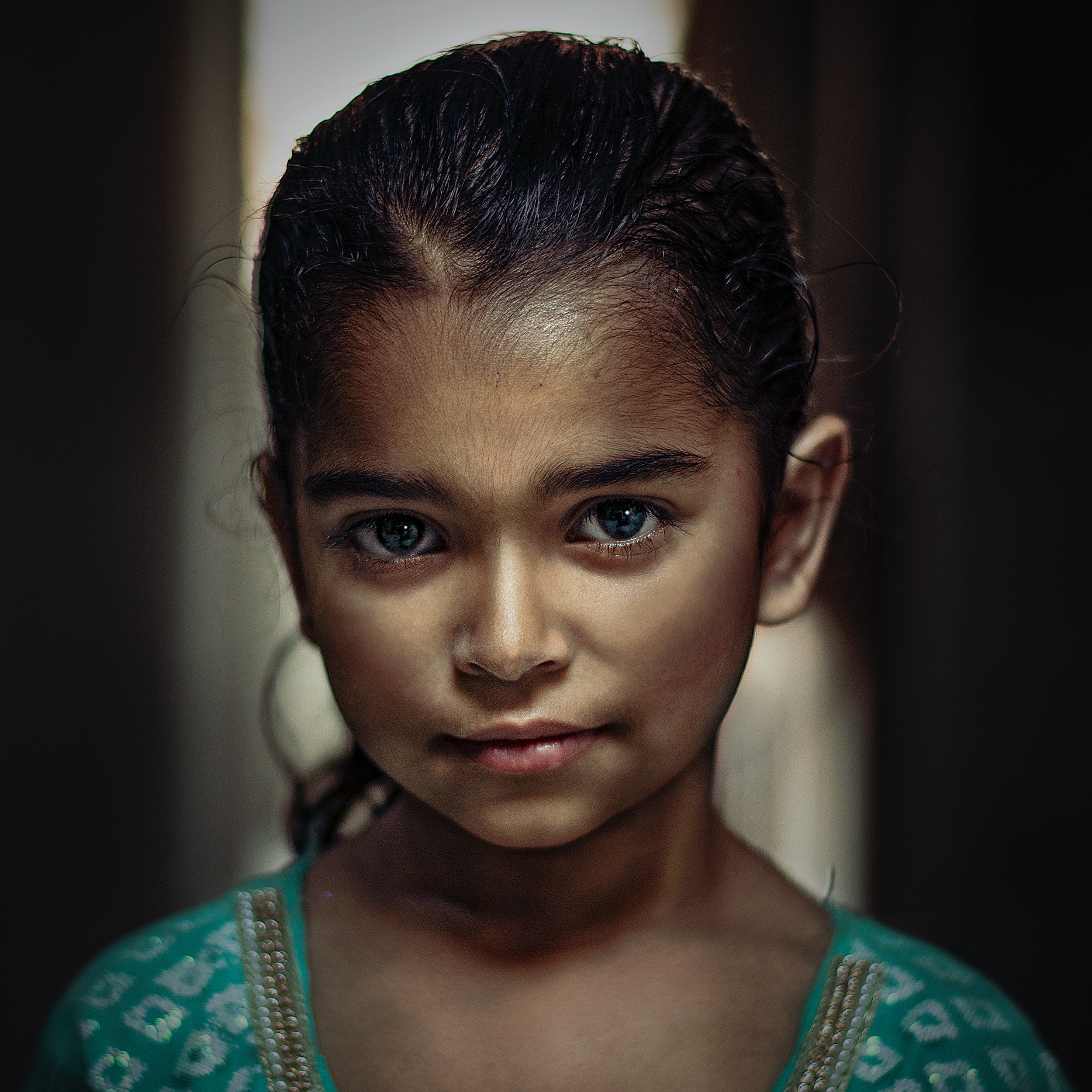

1st October 2021
The Children’s Rights Innovation Fund is grounded in a spirit of radical possibility. As we work to build power with children and youth activists, we embrace challenging questions with curiosity, provide space and community to find collective answers, and promote shared learning in service of a just future for all the world’s children and youth.
Together, we ask: What if?
At the heart of this approach is a focus on root causes. We know that lasting change cannot be achieved by working around the edges. Rather, we believe that the realization of children’s rights depends fundamentally on confronting the root causes of children’s vulnerability, such as racism, anti-Blackness, colonialism, and other systemic oppressions, and strengthening the root drivers of their wellbeing and power.
Yet for generations, most children’s rights and child protection efforts have concentrated largely on surface symptoms, such as school attendance, without focusing on underlying root causes.
Disrupting a broken cycle
Traditional efforts, for example, might address children missing school, without directly confronting the systemic disparities that push certain children out of school. At the same time, they fail to address the real and compounding impact that generations of discriminatory educational practices have on the educational outcomes of children.
This sets off a vicious cycle. When these programs do not achieve their stated goals, their shortcomings are too often attributed to personal failings of the adults who care for the children, the inefficiencies of the nation state around them, or occasionally to a glitch with the policy or program design. Our field then moves on to yet another design, program, or issue, fueled by the same incomplete analysis without ever addressing the root cause itself.
Rooted in a false understanding of lived realities
A colleague once shared an important insight about why so many idealistic young development or non-profit professionals start their careers focused on children. Children, they posit, are without sin. They are fundamentally different from adults, who seem more complex and are possibly complicit in their own condition. One can imagine it is possible to exist in an apolitical, child-centered space—free from contentious and complicated issues, and fueled by a clear and righteous clarity.
Children’s rights work is inherently political
Decades of learning in children’s rights, however, reveal a much different reality. Children’s rights work is highly political: it must contend with power and interrogate what that power means for the allocation of resources.
With this lens, we learn that children and youth are in fact making decisions and choices. We see that those choices are not rooted in their innocence—and that innocence itself is a fleeting and unhelpful tool in this space because innocence is not sufficient protection from harm.
Children are not immune from oppression; in fact, they often bear the biggest brunt of the social discrimination and deprivation facing their own communities. Innocence is not apportioned equally to all children, and true “protection” is often saved for some children and not others.
For the world’s most marginalized children, protection often emerges as a process of extraction, re-education and removal from their own communities, who have been deemed inadequate and incapable of raising them.
Building a new way forward
CRIF is founded on the belief that it is time for a new way forward. With a strong root cause analysis, we hope to reinvigorate and transform the children’s rights field.
We start with the premise that all rights are children’s rights. Structural violence(s) like poverty, sexism, ableism, homophobia, and racism directly shape children’s lives, threaten their safety, and simultaneously compound inequality. They act together to strip adults of the ability to see and value the unique contribution of children and youth to their communities and our movements.
A root cause analysis grounds children’s rights in a more comprehensive vision of justice, development, peace, and liberation. A root cause analysis allows us to be in more equitable partnership, challenging our own adultism, towards a world where children are safe and empowered.
Shifting power
Most lasting changes are driven and sustained by movements. Children are critical parts of movements. Together, we can learn from children’s labor movements, movements for racial and gender justice and climate justice, and the anti-apartheid struggle.
At its heart, a root cause analysis means supporting youth movements. Seeing children and young people forced into the streets to protest can be shocking; it is also a clear sign for the world of our moral failings. Where we may struggle to find empathy for adults in the same circumstance, the presence of children puts in stark relief the injustices of the world.
By placing this analysis at the very center of our efforts, CRIF seeks to create a collective space for a more courageous approach to children’s rights. Together, we pledge not only to confront the root causes of children’s vulnerability, but to strengthen the root drivers of their immense and inherent power, at a time when the world needs their voices more than ever before. We invite you to join us.